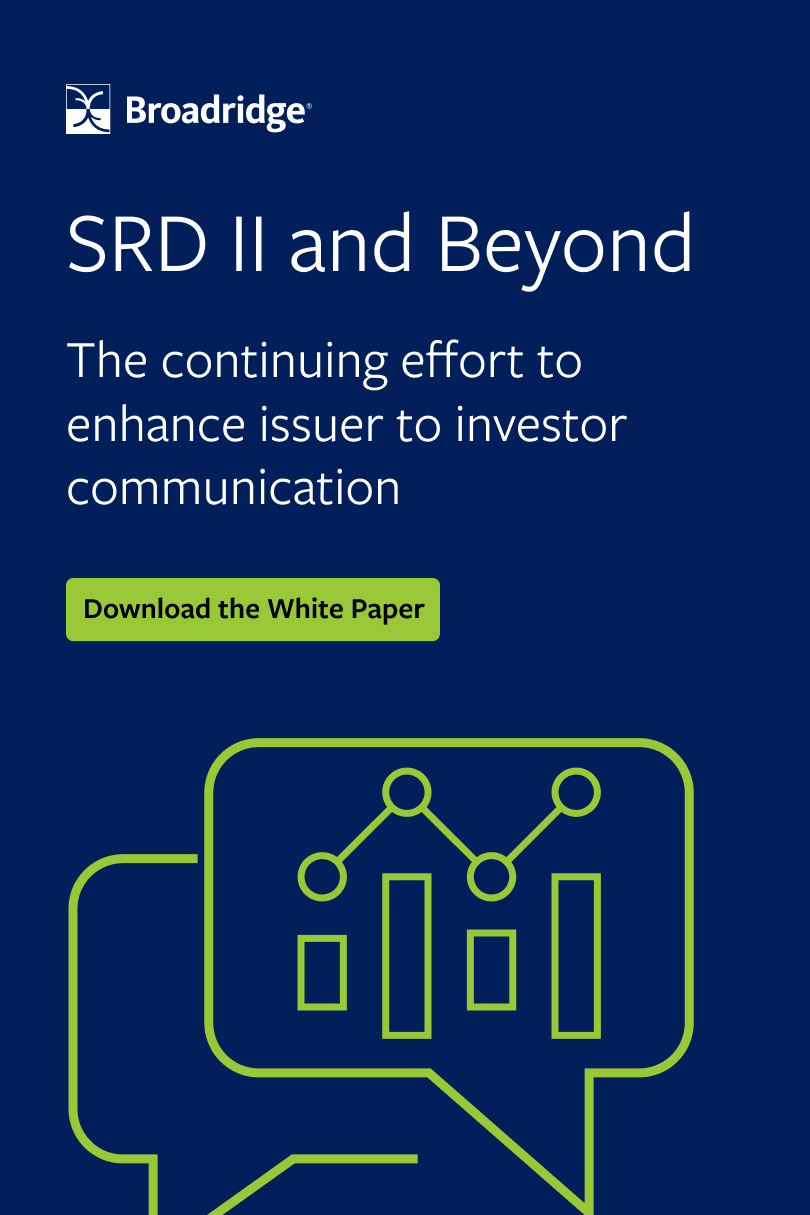Fund products will continue to diversify, ALFI panellists expect
24 March 2023 Luxembourg
 Image: ThisDesign/stock.adobe.com
Image: ThisDesign/stock.adobe.com
The ‘What will shape future fund products?’ panel at this year’s ALFI European Asset Management conference began on an optimistic note.
Moderator Noel Fessey, a non-executive director in the Luxembourg funds industry, questioned whether the funds industry was in a “winter garden” of cutbacks as a result of the current economic climate, or whether signs of innovation and growth could still be seen.
Patric Huber, head of product strategy and shelf evolution at UBS Asset Management, responded that even if funds do appear to be slowing down, the industry is prepared for the next wave of activity.
Sandy Welthagen, global head of product development at Ninety One, argued that no fund concept is ever taken entirely off the shelf. Markets may have “moved into a new regime,” with client needs and demands often requiring more customisation, but this creates more rather than less diversity in the fund scape.
Considering this new landscape, Huber said that UBS has noted several different combinations of the five-to-seven global megatrends that the company follows. Welthagen explained that sustainability has been a clear focus for Ninety One, alongside a growing interest in alternatives.
The sustainability credentials of funds was a recurrent point at the conference, with Huber remarking that client demand and regulatory pressure are continuing to grow in tandem. These regulations have created a number of challenges for those in the industry, particularly around how funds are classified and how those classifications are interpreted.
It is “very, very tough” to get a fund to an Article 9 classification, Huber said. As a result, Welthagen added, Article 8 has become a “broad catch-all space” for the majority of funds promoting sustainability. Morningstar has reported that around 40 per cent of Article 9 funds have been reclassified to Article 8s, she said, and suggested that the focus on labelling has taken the sustainability initiative away from its original intentions.
Data remains a challenge Although sustainable finance regulation in the EU is moving at pace, this is not necessarily reflected globally. This means that the available data set is limited, especially outside of European countries, and there is not yet a global reporting architecture for ESG data. One example of this is Scope 3 emissions reporting.
When asked whether ESG-centric fund names are here to stay, Huber remarked that there is always a demand for more concentrated, “punchier” themes on the market, but added that they are not necessarily intended to be long-lasting.
Welthagen agreed that there are always core and satellite funds on the shelf, and concluded that funds with sustainability embedded will maintain their positions while other themes and trends play out alongside them.
Moderator Noel Fessey, a non-executive director in the Luxembourg funds industry, questioned whether the funds industry was in a “winter garden” of cutbacks as a result of the current economic climate, or whether signs of innovation and growth could still be seen.
Patric Huber, head of product strategy and shelf evolution at UBS Asset Management, responded that even if funds do appear to be slowing down, the industry is prepared for the next wave of activity.
Sandy Welthagen, global head of product development at Ninety One, argued that no fund concept is ever taken entirely off the shelf. Markets may have “moved into a new regime,” with client needs and demands often requiring more customisation, but this creates more rather than less diversity in the fund scape.
Considering this new landscape, Huber said that UBS has noted several different combinations of the five-to-seven global megatrends that the company follows. Welthagen explained that sustainability has been a clear focus for Ninety One, alongside a growing interest in alternatives.
The sustainability credentials of funds was a recurrent point at the conference, with Huber remarking that client demand and regulatory pressure are continuing to grow in tandem. These regulations have created a number of challenges for those in the industry, particularly around how funds are classified and how those classifications are interpreted.
It is “very, very tough” to get a fund to an Article 9 classification, Huber said. As a result, Welthagen added, Article 8 has become a “broad catch-all space” for the majority of funds promoting sustainability. Morningstar has reported that around 40 per cent of Article 9 funds have been reclassified to Article 8s, she said, and suggested that the focus on labelling has taken the sustainability initiative away from its original intentions.
Data remains a challenge Although sustainable finance regulation in the EU is moving at pace, this is not necessarily reflected globally. This means that the available data set is limited, especially outside of European countries, and there is not yet a global reporting architecture for ESG data. One example of this is Scope 3 emissions reporting.
When asked whether ESG-centric fund names are here to stay, Huber remarked that there is always a demand for more concentrated, “punchier” themes on the market, but added that they are not necessarily intended to be long-lasting.
Welthagen agreed that there are always core and satellite funds on the shelf, and concluded that funds with sustainability embedded will maintain their positions while other themes and trends play out alongside them.
← Previous fund services article
Universal Investment Group appoints Katja Mueller to Irish Super ManCo board
Universal Investment Group appoints Katja Mueller to Irish Super ManCo board
NO FEE, NO RISK
100% ON RETURNS If you invest in only one asset servicing news source this year, make sure it is your free subscription to Asset Servicing Times
100% ON RETURNS If you invest in only one asset servicing news source this year, make sure it is your free subscription to Asset Servicing Times



